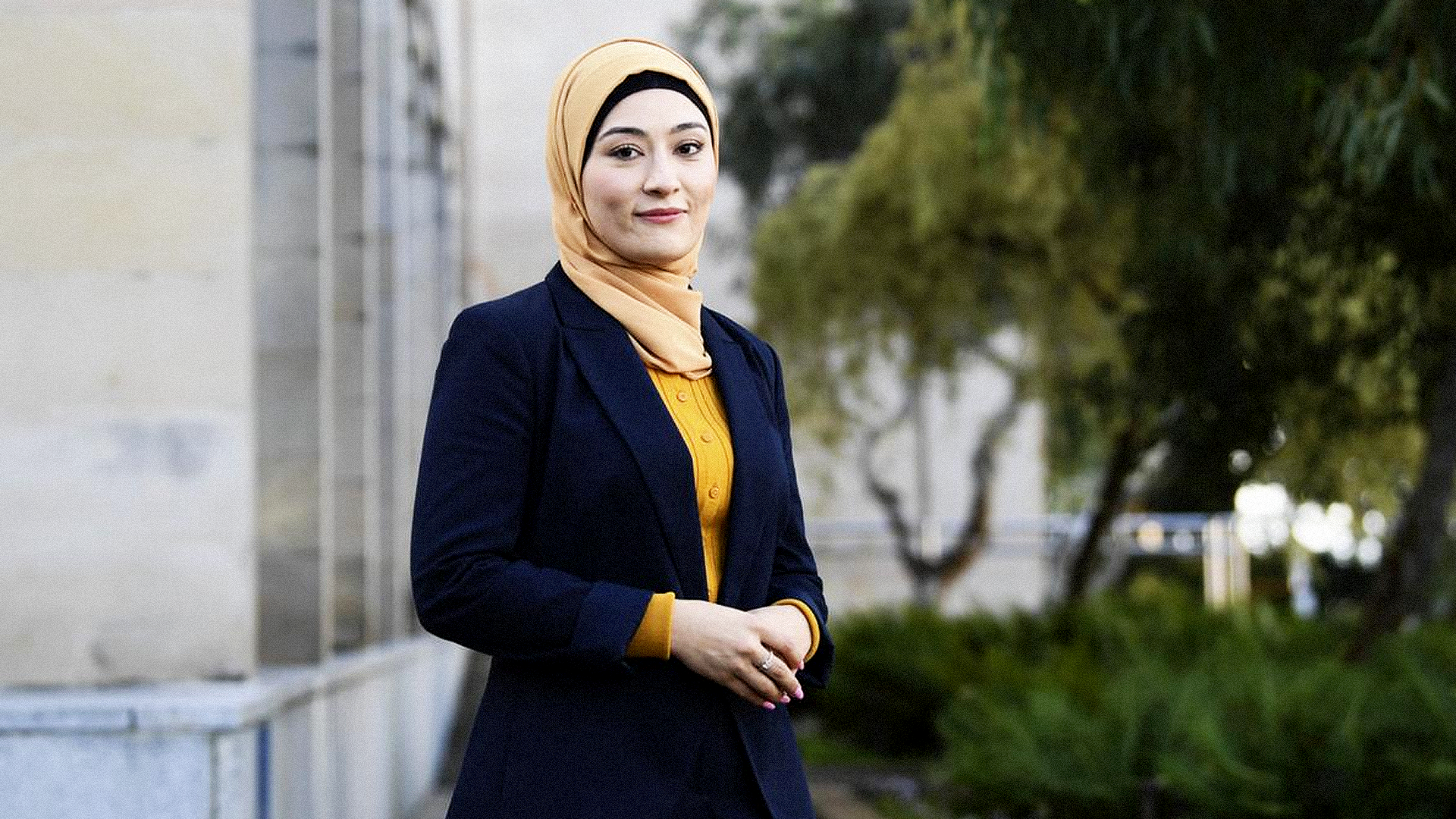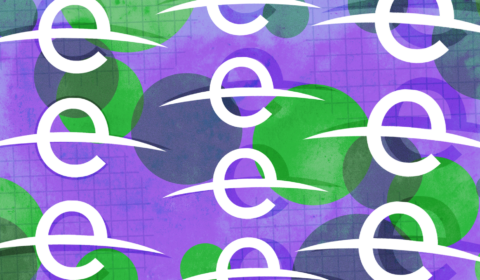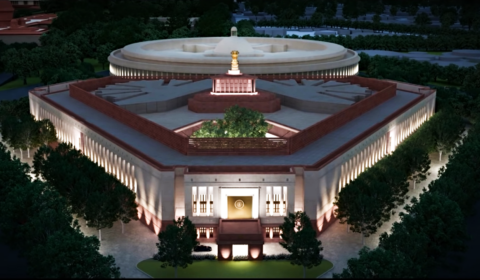Fatima Payman is the first hijab minister in Australia’s history. In cultivating a positive narrative around the headscarf, she’s determined she won’t be the last.
The Australian Labour party announced Fatima Payman as their newest senator in June 2022, and this month she took her seat in the senate as the first woman to wear a hijab in Australia’s government.
At just 27, Payman has described her journey as ‘completely unreal’. She is a second-generation immigrant, the daughter of a refugee from Afghanistan – making her the youngest woman and first Afghan-Australian ever to be elected to parliament.
Payman gave her first speech as minister this week, taking the opportunity to reflect on her unique journey, and the significance it holds for the future of Australia’s government.
‘A hundred years ago, let alone ten years ago, would this parliament accept a woman choosing a hijab to be elected?’ Payman stated.
Speaking to the Guardian in June, Fatima made it clear that a large part of her mission as senator would be the normalisation of hijab-wearing across Australia – hoping to spin a positive message around the religious practice for young girls.
‘I want young girls who decide to wear the hijab to do it with pride and to do it with the knowledge that they have the right to wear it.’
Many are applauding Payman’s emphasis on choice, rejecting longstanding Western narratives of the ‘fragile’ Muslim woman trapped in an overtly oppressive and misogynist religious society.
These misconceptions of Islam, largely cultivated post-9/11, have driven the consistent demonisation of Muslim men, and – ironically – the West’s oppressive disregard of Muslim women.
Payman’s progressive approach to the hijab sends a powerful message from within the senate, upending the denial of Muslim women’s agency.
Her governmental platform has allowed Payman to attack the anti-hijab sentiment from its source.
‘You can’t be what you can’t see, and if that [parliament] is not reflective of the general Australian public then how can you have complete faith that they can hear your voice, and be your voice in power?’
Payman carries the dreams of her father with her as she enters government. She told the Guardian last month that he ‘would always talk about politics’, hoping he might one day return to Afghanistan and be elected to his home country’s parliament.
After her father died of leukaemia in 2018, Payman’s political ambitions took off, and she joined the United Workers Union as an organiser.




















